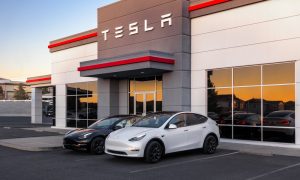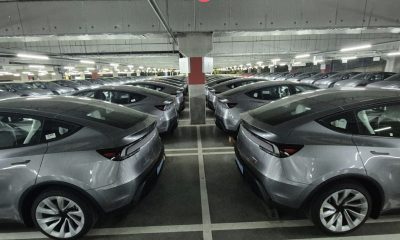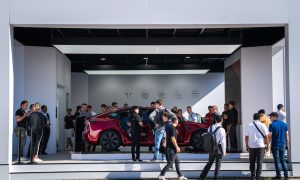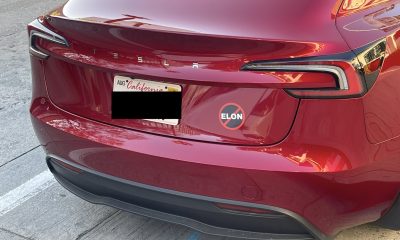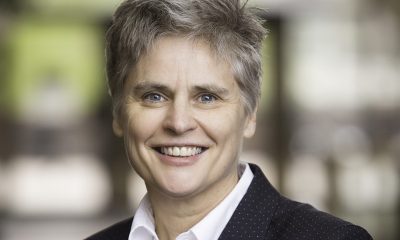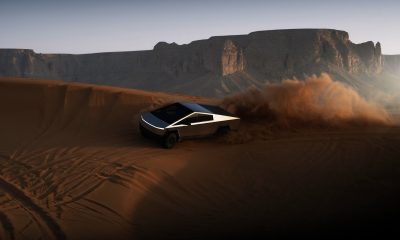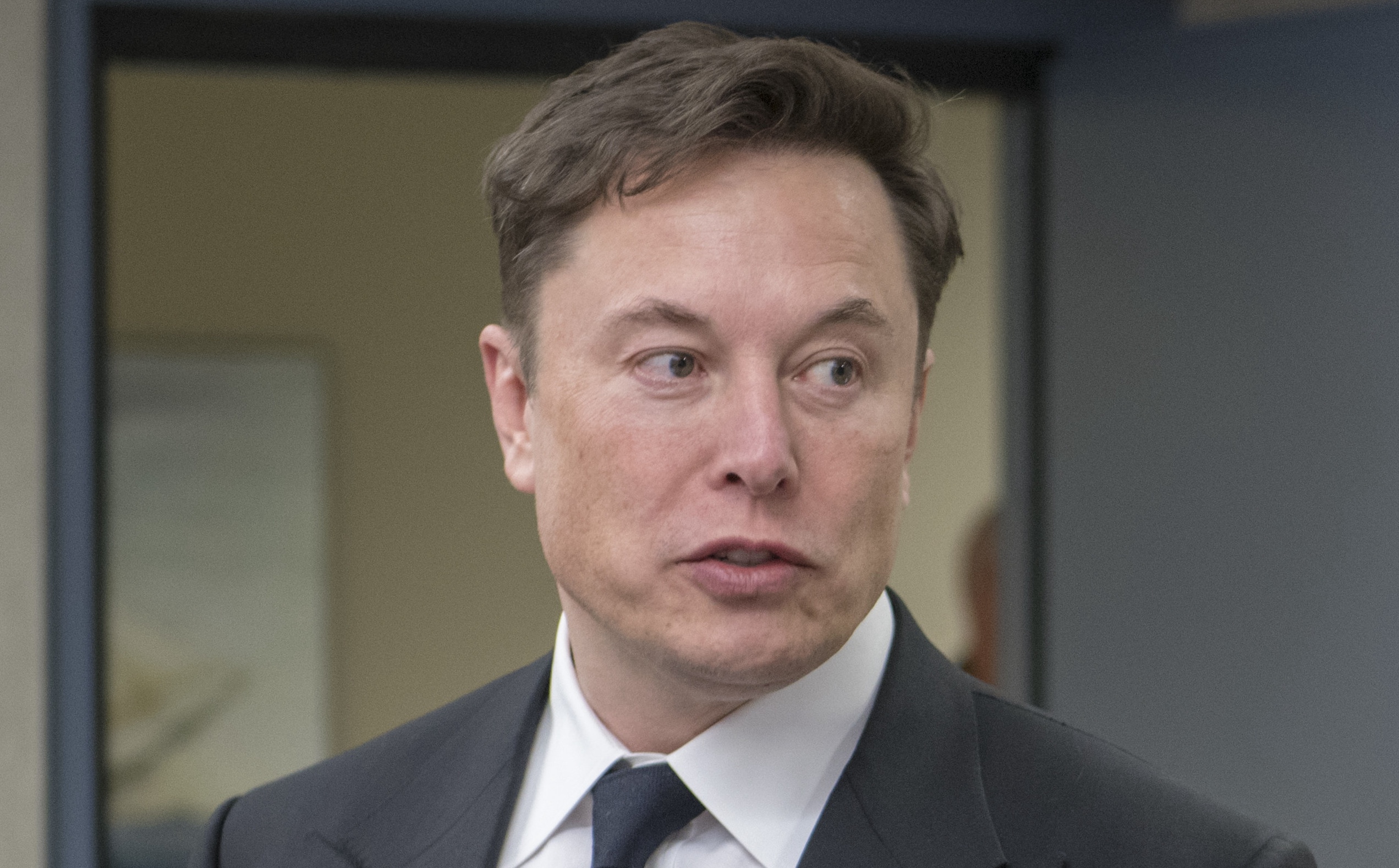

News
Brazil crackdown on X continues with up to $8.9k daily fine for VPN users
Brazil’s ongoing crackdown on Elon Musk’s X is picking up pace, with Supreme Court Judge Alexandre de Moraes ordering the “immediate and complete suspension” of the social media platform unless it complies with all court orders. The Supreme Court Judge also warned that individuals or businesses using virtual private networks (VPNs) to access X would be fined R$50,000 ($8,900) per day.
X’s conflict in Brazil started in April when Judge de Moraes ordered the suspension of dozens of X accounts over alleged disinformation, as per a report from the BBC. X refused to comply, with Tesla CEO Elon Musk stating that some of the accounts the Supreme Court Judge was asking to suspend included sitting members of the Brazilian parliament and many journalists.
In a post on its X Global Government Affairs account, the social media platform explained that when it tried to defend its actions in Brazilian court, Judge de Moraes threatened the company’s legal representative with imprisonment. Even after X’s legal representative had left the social media platform, her bank accounts were frozen just the same.
Soon, we expect Judge Alexandre de Moraes will order X to be shut down in Brazil – simply because we would not comply with his illegal orders to censor his political opponents. These enemies include a duly elected Senator and a 16-year-old girl, among others.
When we attempted…— Global Government Affairs (@GlobalAffairs) August 29, 2024
“When we attempted to defend ourselves in court, Judge de Moraes threatened our Brazilian legal representative with imprisonment. Even after she resigned, he froze all of her bank accounts. Our challenges against his manifestly illegal actions were either dismissed or ignored. Judge de Moraes’ colleagues on the Supreme Court are either unwilling or unable to stand up to him,” X wrote in its post.
The head of Brazil’s telecommunications agency has noted that it is proceeding with compliance to suspend X in the country, as per a Reuters report. Judge de Moraes has also given companies like Apple and Google five days to remove X from their Brazil app stores and block the social media platform from iOS and Android devices.
Interestingly enough, X is not the only social media platform that has been caught in the crosshairs in Brazil. Last year, Telegram saw a temporary ban over its alleged failure to cooperate with requests to block certain profiles. WhatsApp had also faced temporary bans in 2015 and 2016 over its refusal to comply with police’s requests for user data. X is particularly popular in Brazil, however, with the social media platform estimated to be used by at least a tenth of the country’s 200 million population.
Don’t hesitate to contact us with news tips. Just send a message to simon@teslarati.com to give us a heads up.
News
Stellantis unveils solid-state battery for EVs
Stellantis validated solid state battery cells for EVs: ultra-dense, fast-charging, and AI-optimized. Launching demo fleet by 2026.
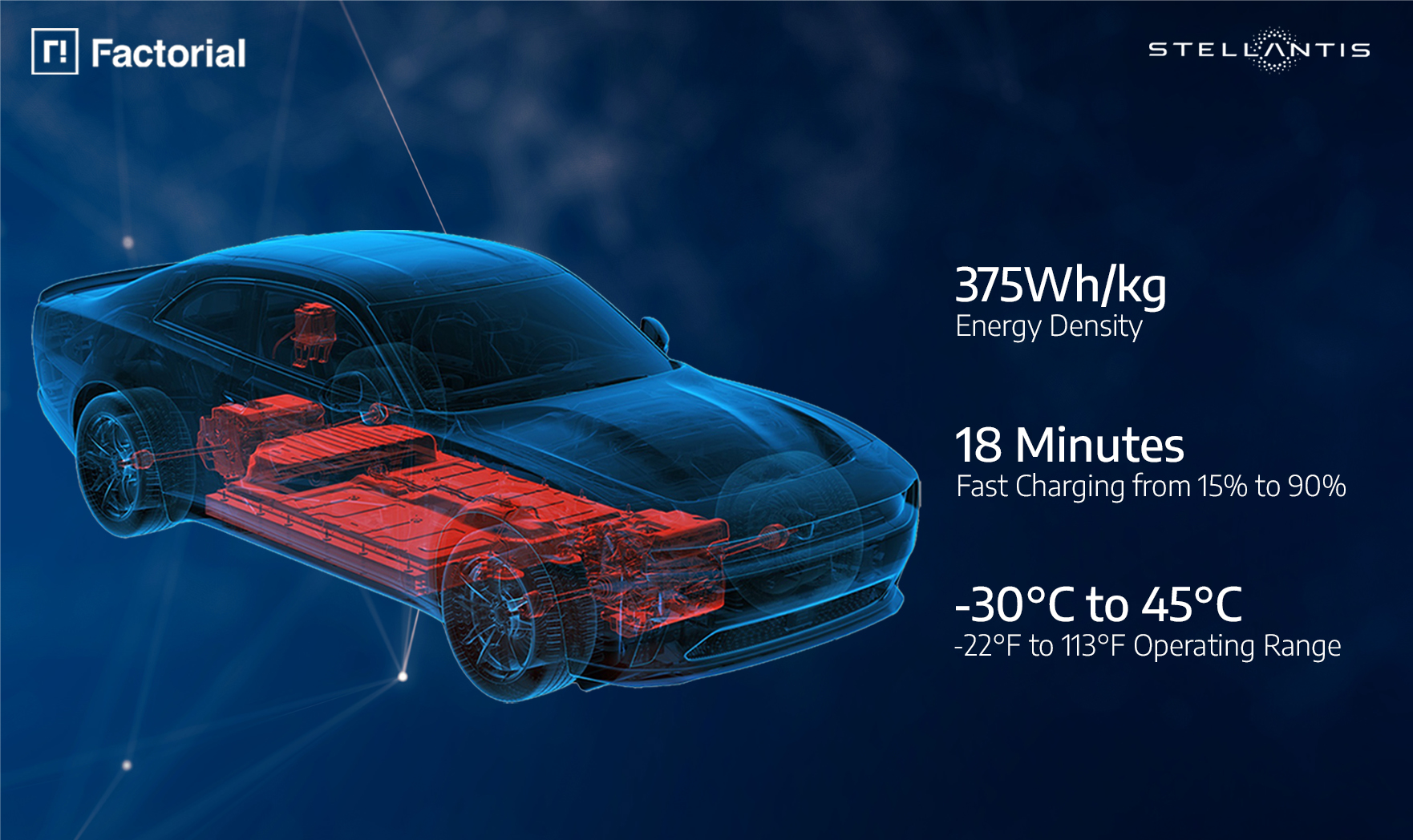
Stellantis N.V. and Factorial Energy have validated Factorial’s automotive-sized FEST® solid-state battery cells, a major milestone for next-generation electric vehicle (EV) batteries. The breakthrough positions Stellantis and Factorial to advance EV performance with lighter, more efficient batteries.
“Reaching this level of performance reflects the strengths of our collaboration with Factorial.
“This breakthrough puts us at the forefront of the solid-state revolution, but we are not stopping there. We continue working together to push the boundaries and deliver even more advanced solutions, bringing us closer to lighter, more efficient batteries that reduce costs for our customers,” said Ned Curic, Stellanti’s Chief Engineering and Technology Officer.
The 77Ah FEST® cells achieved an energy density of 375Wh/kg, supporting over 600 cycles toward automotive qualification. Unlike lithium-ion batteries, these solid-state cells charge from 15% to over 90% in 18 minutes at room temperature and deliver high power with discharge rates up to 4C. Factorial’s AI-driven electrolyte formulation enables performance in temperatures from -30°C to 45°C (-22°F to 113°F), overcoming previous solid-state limitations.
“Battery development is about compromise. While optimizing one feature is simple, balancing high energy density, cycle life, fast charging, and safety in an automotive-sized battery with OEM validation is a breakthrough,” said Siyu Huang, CEO of Factorial Energy. “This achievement with Stellantis is bringing next-generation battery technology from research to reality.”
The collaboration optimizes battery pack design for reduced weight and improved efficiency, enhancing vehicle range and affordability. Stellantis invested $75 million in Factorial in 2021 and plans to integrate these batteries into a demonstration fleet by 2026. This fleet will validate the technology’s real-world performance, a critical step toward commercialization.
The milestone aligns with Stellantis’ push for sustainable EV solutions, leveraging Factorial’s disruptive technology to meet the rising demand for high-performance batteries. As the companies refine pack architecture, the validated cells promise faster charging and greater efficiency, potentially reshaping the EV market. With the demonstration fleet on the horizon, Stellantis and Factorial are poised to lead the solid-state battery push, delivering cost-effective, high-range EVs to consumers.
News
Tesla China vehicle registrations rise 51% in April’s fourth week
In the week ending April 27, Tesla China saw 10,300 new vehicle registrations.
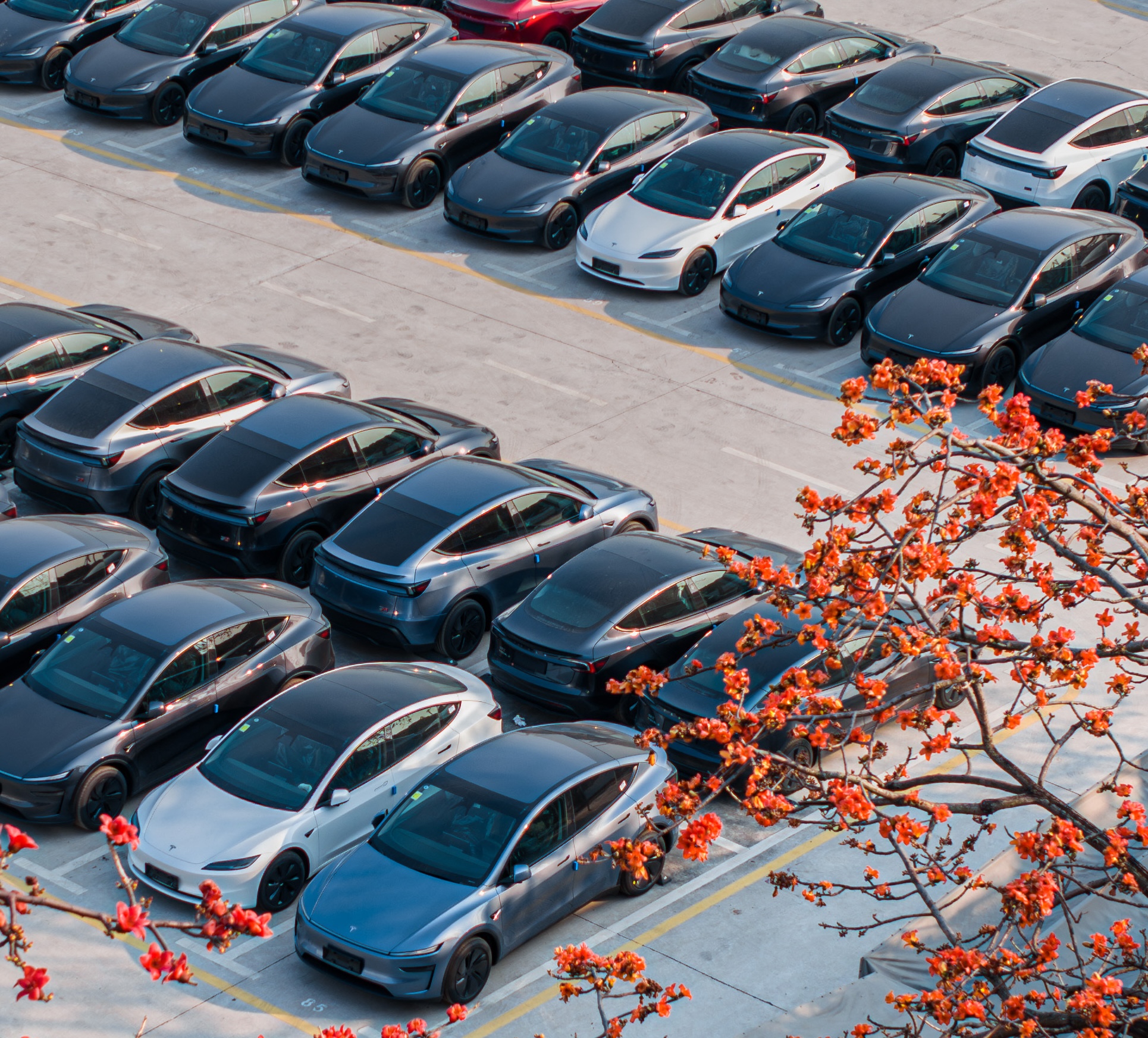
Tesla China’s new vehicle registrations saw a notable rise in the week of April 21-27, 2025. Over the week, the electric vehicle maker’s registrations saw an impressive 51% week-over-week rise, suggesting that domestic vehicle deliveries are on the rise once more.
Tesla China Results
In the week ending April 27, Tesla China saw 10,300 new vehicle registrations. This represents a notable rise from the company’s registration numbers in the past weeks of April. For context, Tesla China saw 3,600 registrations in the week ending April 6, 5,400 registrations in the week ending April 13, and 6,780 registrations in the week ending April 20, 2025.
Considering that April is the first month of the second quarter, expectations were high that Tesla China was allocating Giga Shanghai’s output for vehicle exports. With 10,300 registrations in the week ending April 27, however, it would appear that the company’s domestic deliveries are picking up once more.
Tesla China does not report its weekly sales figures, though a general idea of the company’s overall perforce in the domestic auto sector can be inferred through new vehicle registrations. Fortunately, these registrations are closely tracked by industry watchers, as well as some local automakers like Li Auto.
Tesla Model 3 and Model Y in Focus
Tesla China produces the Model Y and Model 3 in Giga Shanghai. Both vehicles are also exported from China to foreign territories. As per industry watchers, it would appear that both the Model 3 and Model Y saw an increase in registrations in the week ending April 27.
The Model 3, for one, appears to have seen 3,200 registrations in the week ending April 27, a 14% increase from the 2,800 that were registered in the week ending April 20. For context, Tesla China saw just 1,500 new Model 3 registrations in the week ending April 13 and 1,040 registrations in the week ending April 6.
The Model Y, on the other hand, saw 7,100 registrations in the week ending April 27. That’s a 77.5% increase from the 4,000 that were registered in the week ending April 20. Tesla also saw 3,900 registrations in the week ending April 13, and 2,540 registrations in the week ending April 6, 2025.
News
Volkswagen teams with Uber for robotaxi service with the ID. Buzz
Volkswagen and Uber team up to launch a driverless ID. Buzz robotaxi fleet in U.S. cities. Testing starts in LA this year.
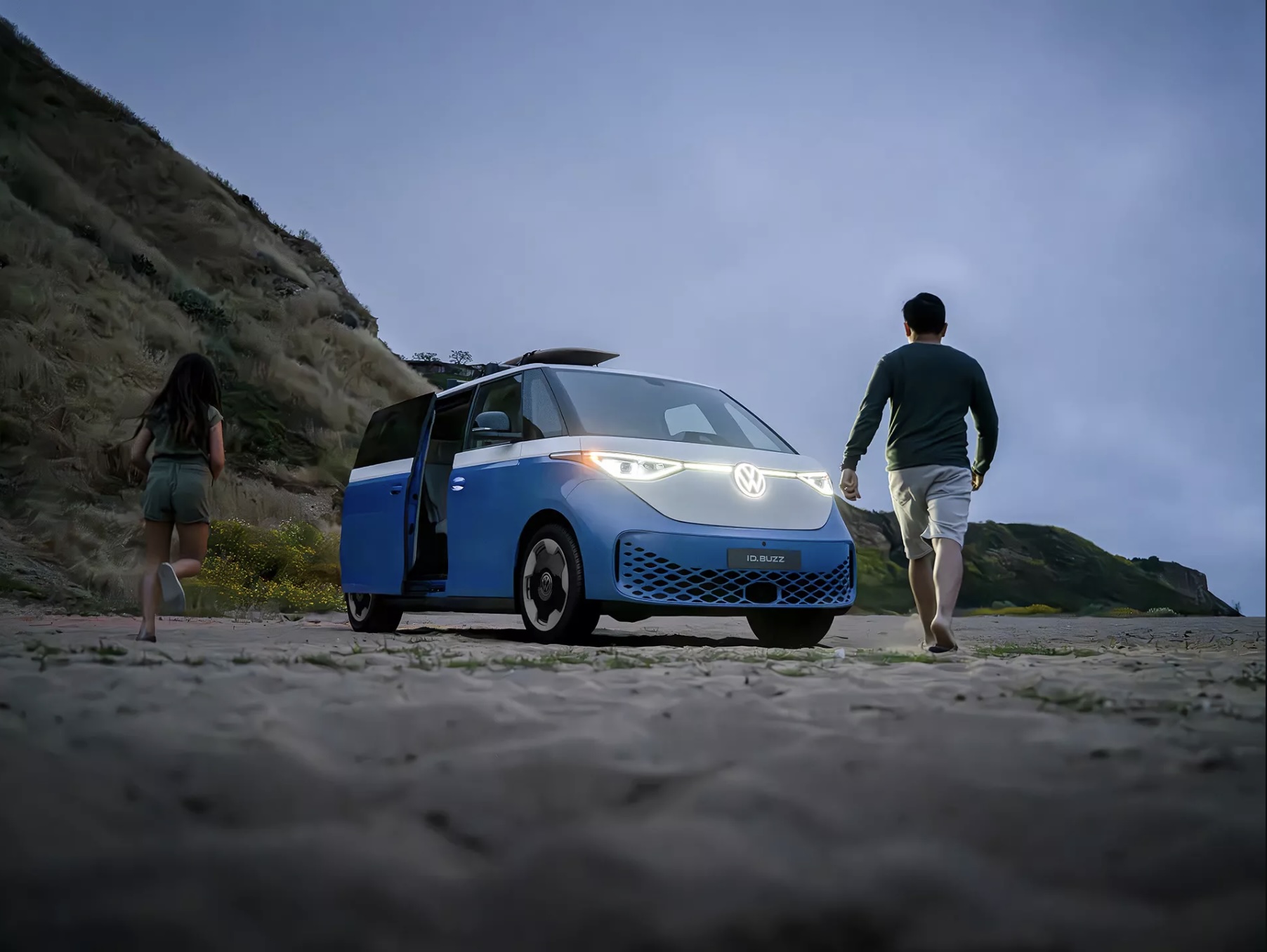
Volkswagen of America and Uber unveiled a plan to launch a commercial robotaxi service using autonomous electric ID. Buzz vehicles across U.S. cities over the next decade. The partnership marks a significant step for Volkswagen’s autonomous vehicle ambitions, leveraging Uber’s ride-hailing expertise.
The service will debut in Los Angeles by late 2026, with human safety operators initially overseeing the fleet before transitioning to fully driverless operations in 2027. Volkswagen ADMT, the German automaker’s autonomous subsidiary, will begin testing in Los Angeles later this year upon securing a testing permit from the California Department of Motor Vehicles. The California Public Utilities Commission will oversee permits for the commercial ride-hailing phase.
“Volkswagen is not just a car manufacturer — we are shaping the future of mobility, and our collaboration with Uber accelerates that vision,” said Christian Senger, CEO of Volkswagen Autonomous Mobility. “What really sets us apart is our ability to combine the best of both worlds–high-volume manufacturing expertise with cutting-edge technology and a deep understanding of urban mobility needs.”
The Trump administration’s recent policy shift, announced last Thursday by Transportation Secretary Sean Duffy, supports initiatives like VW and Uber’s partnerships by easing federal safety rules and crash reporting requirements on autonomous vehicle development. According to Duffy, the United States government wants to outpace Chinese competitors in autonomous vehicle development.
Volkswagen ADMT, which launched publicly in July 2023, has been testing 10 ID. Buzz vehicles equipped with Mobileye’s autonomous technology in Austin, reported TechCrunch. Two years ago, Volkswagen focused on selling self-driving vans and fleet management software rather than building its own ride-hailing service. VW’s strategy toward autonomous vehicles appears to have shifted, as reflected in its Uber partnership.
Uber will strengthen its autonomous vehicle portfolio through its partnership with Volkswagen. The ride-hailing service company has secured deals with over 14 firms, including Waymo in Austin and a forthcoming launch in Atlanta.
The Volkswagen-Uber collaboration positions both companies to capitalize on the growing robotaxi market. With testing imminent and regulatory support increasing, the ID. Buzz fleet could redefine urban mobility, blending Volkswagen’s manufacturing prowess with Uber’s ride-hailing network to compete in the evolving autonomous vehicle landscape.
-
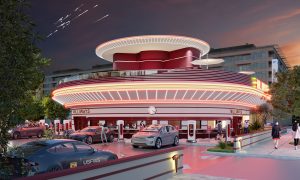
 News1 week ago
News1 week agoTesla’s Hollywood Diner is finally getting close to opening
-

 Elon Musk2 weeks ago
Elon Musk2 weeks agoTesla doubles down on Robotaxi launch date, putting a big bet on its timeline
-
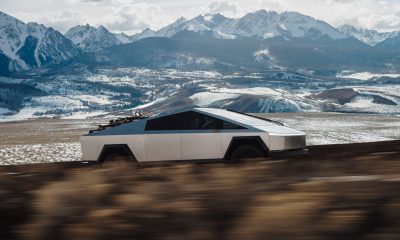
 News4 days ago
News4 days agoTesla is trying to make a statement with its Q2 delivery numbers
-

 News2 weeks ago
News2 weeks agoTesla’s top investor questions ahead of the Q1 2025 earnings call
-

 News2 weeks ago
News2 weeks agoUnderrated Tesla safety feature recognized by China Automotive Research Institute
-
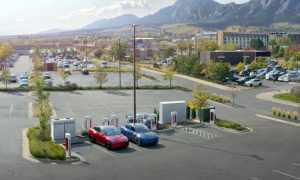
 News2 weeks ago
News2 weeks agoTesla reveals its Q1 Supercharger voting winners, opens next round
-
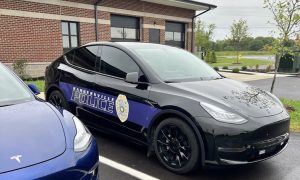
 News2 weeks ago
News2 weeks agoTesla police fleet saves nearly half a million in upkeep and repair costs
-
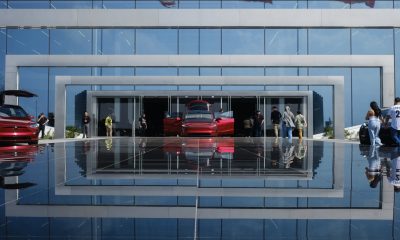
 Investor's Corner7 days ago
Investor's Corner7 days agoLIVE BLOG: Tesla (TSLA) Q1 2025 Company Update and earnings call

